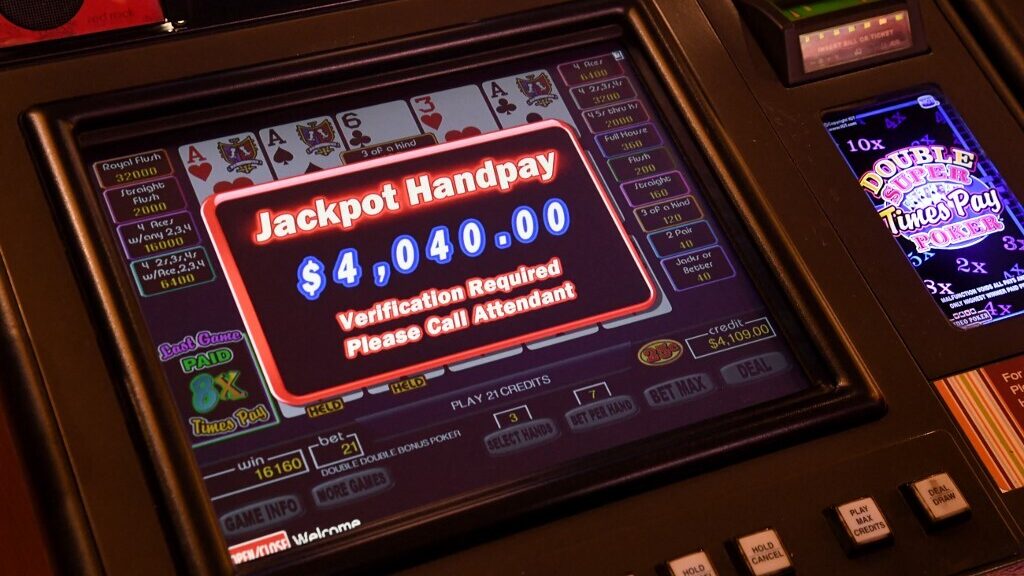
The nation’s smallest state just became the seventh state to offer regulated iGaming, expanding Rhode Island’s online gaming options.
Live Dealers Required
Rhode Island Gov. Dan McKee signed twin bills, S948 and H6348, into law last Thursday, June 22, which will make betting on digital slots and table games a reality. The law goes into effect on March 1st, 2024, and it is reported that Rhode Island-based gaming giant, Bally’s, will be the state’s sole provider of these online casino games.
Bally’s is not only the lone operator of online sports betting in the state but it also operates the only two retail casinos – Bally’s Twin River Lincoln and Bally’s Tiverton. This has raised concerns among some legislators and caused them to question the company’s monopoly on all things gaming in the state.
When iGaming does go live next year, the state has mandated that all table games will require live dealers to enhance the integrity of the operation. Rhode Island now joins Connecticut, Delaware, Michigan, New Jersey, Pennsylvania, and West Virginia in offering a full complement of online casino games.
Bill Gets Quick Approval
The bills moved rapidly through the House and Senate but Senate President Dominick Ruggerio has been vocal in his support for both sports betting and online casino gaming.
Through a press release, Ruggerio stated, “This legislation provides an added convenience to Rhode Islanders who would like to play the existing table games offered at Twin River via their mobile devices.
“It helps ensure the continued strength of the state facilities in the competitive regional gaming market, and in so doing protects an important revenue stream that provides funding for vital state programs and investments.”
Mark Furcolo, Rhode Island Lottery director, advocated that the state’s cut increase from the original proposal of 50% of revenue to be shared by the state due to the possibility that lottery sales could decrease due to the cannibalization of the customers’ gambling dollars.
“Increasing the state’s revenue share from iGaming would help maximize the state’s profit and offset anticipated revenue losses related to iLottery products,” Furcolo said.
Furcolo ultimately got his wish as the deal negotiated with Bally’s sees the state receiving 61% of the slot revenue and 15.5% of the table games’ profits. Those monies will be directed to the Lottery Fund followed by Rhode Island’s General Fund.
Urge to Embrace Market Diversity in iGaming
Jon Mandel wrote to legislators on behalf of the Sports Betting Alliance (SBA), advocating for competition in the marketplace as some legislators had insisted. Mandel revealed that the SBA’s coalition of gaming operators including BetMGM, FanDuel, DraftKings, and Fanatics encourage competition even in their own markets.
Mandel also warned that limiting Rhode Island’s users to just one operator could encourage them to seek options elsewhere. “Residents will continue to use the illegal market, drive into Connecticut, or wait until Massachusetts legalizes iGaming to then cross the border, to the benefit of the Commonwealth, not Rhode Island,” Mandel wrote.
Unlike Rhode Island sports betting which allows those 18 or over to place a wager, users must be 21 or older to play online table games in the state.













